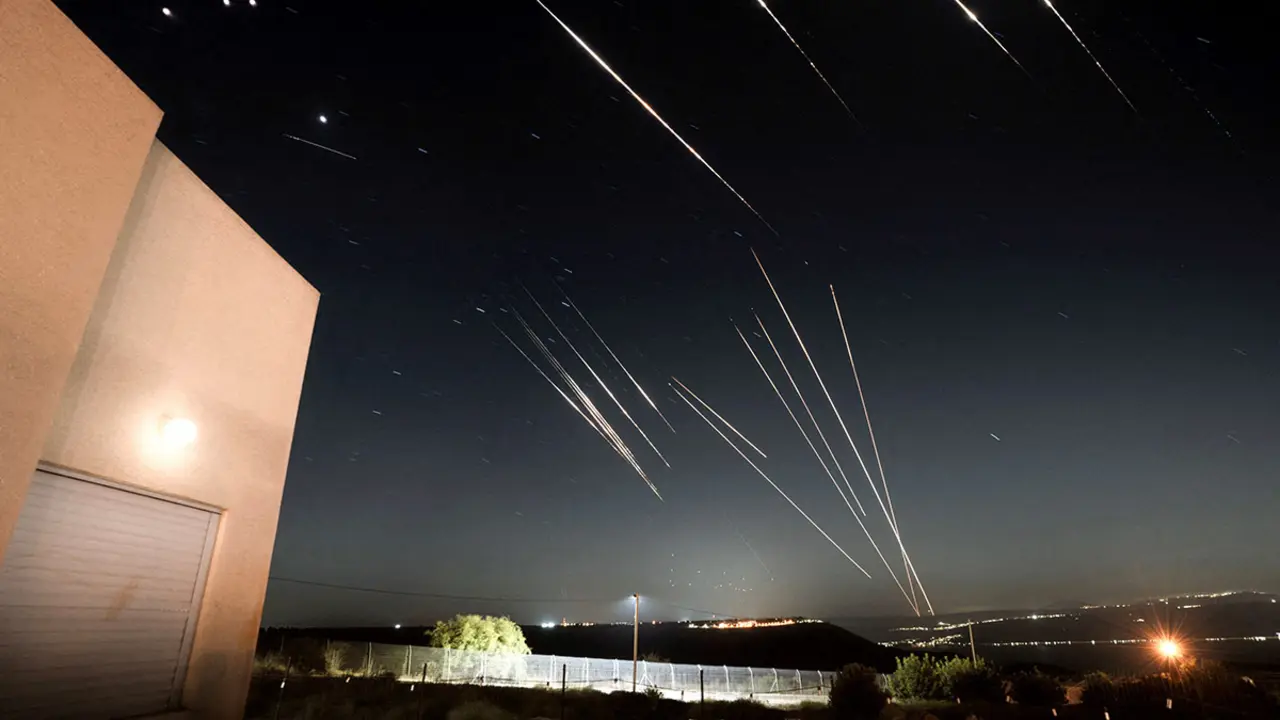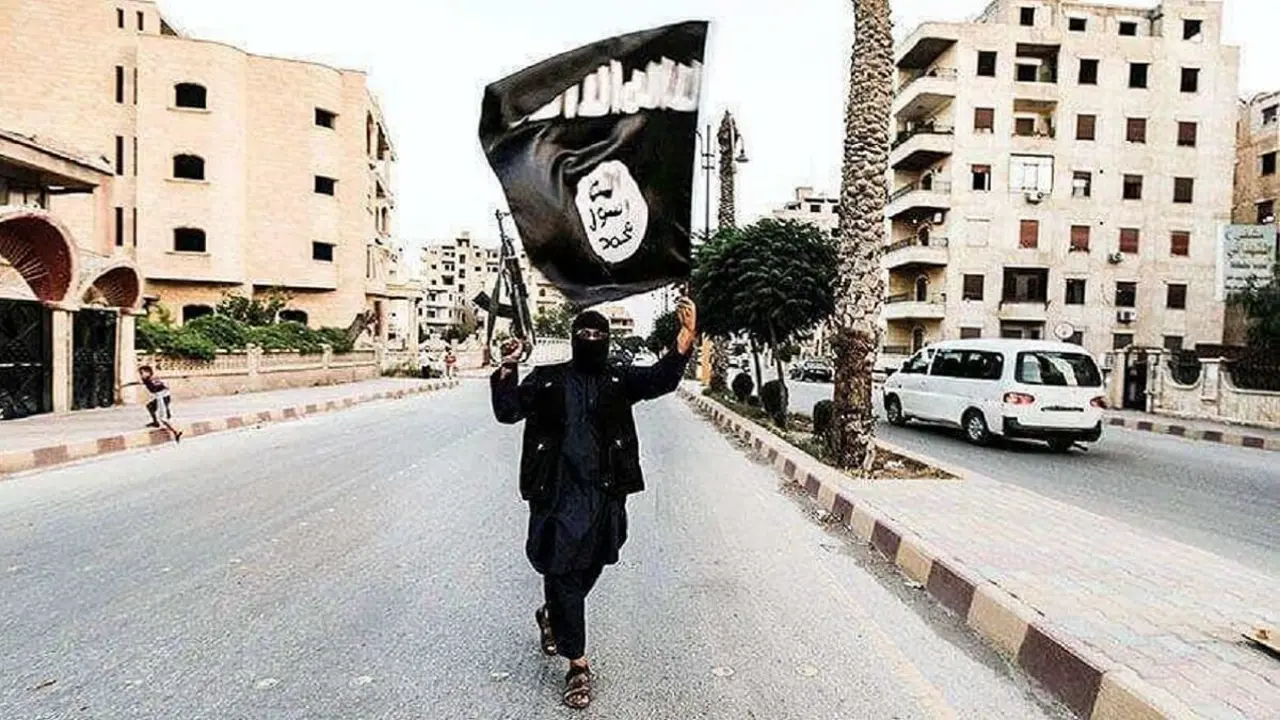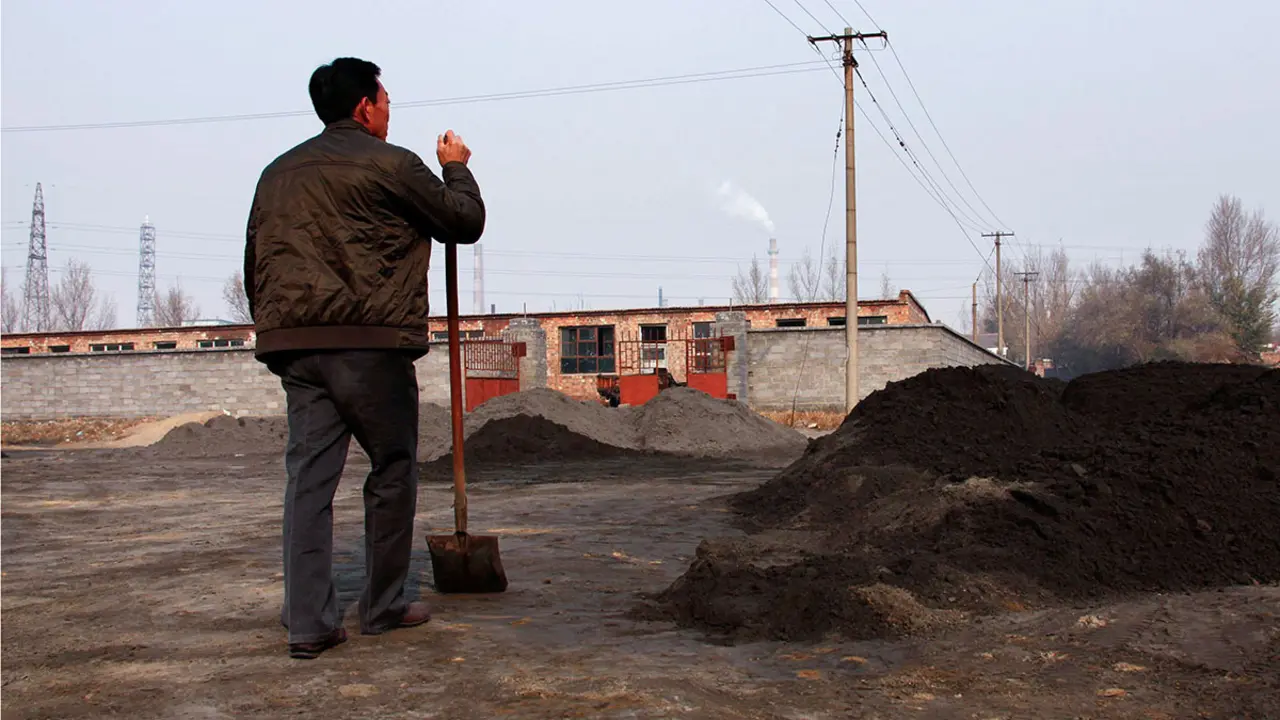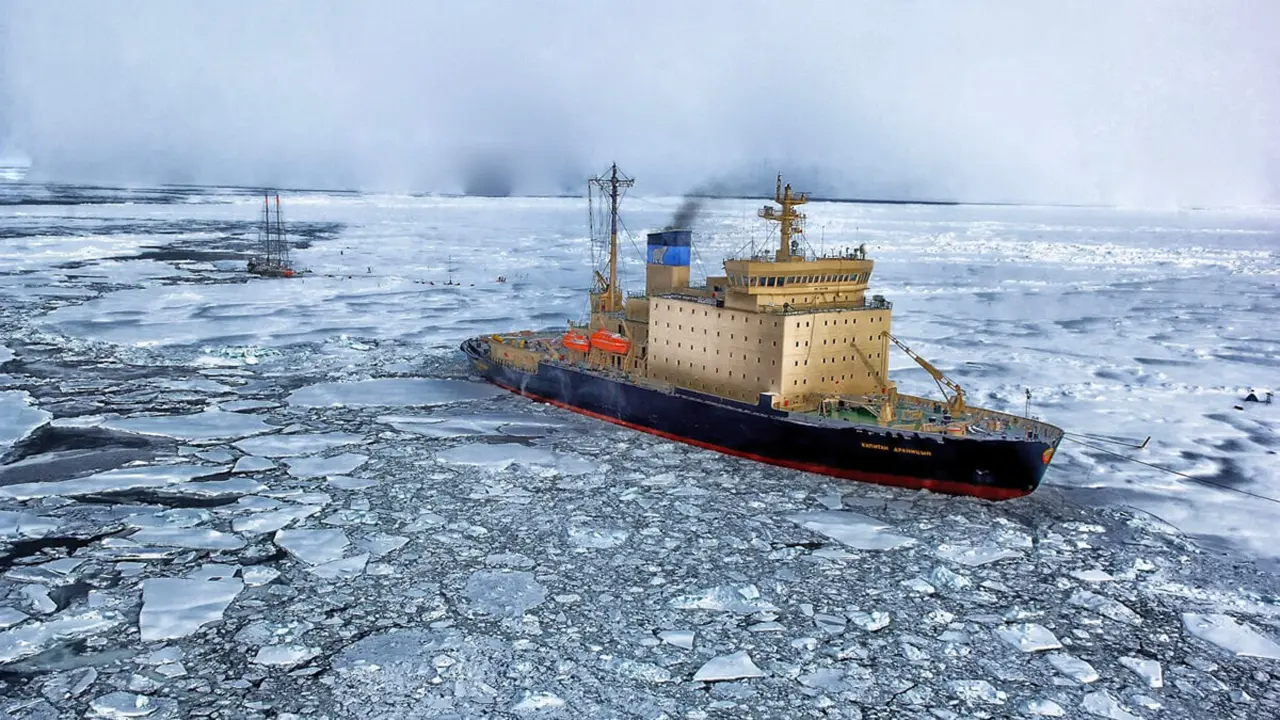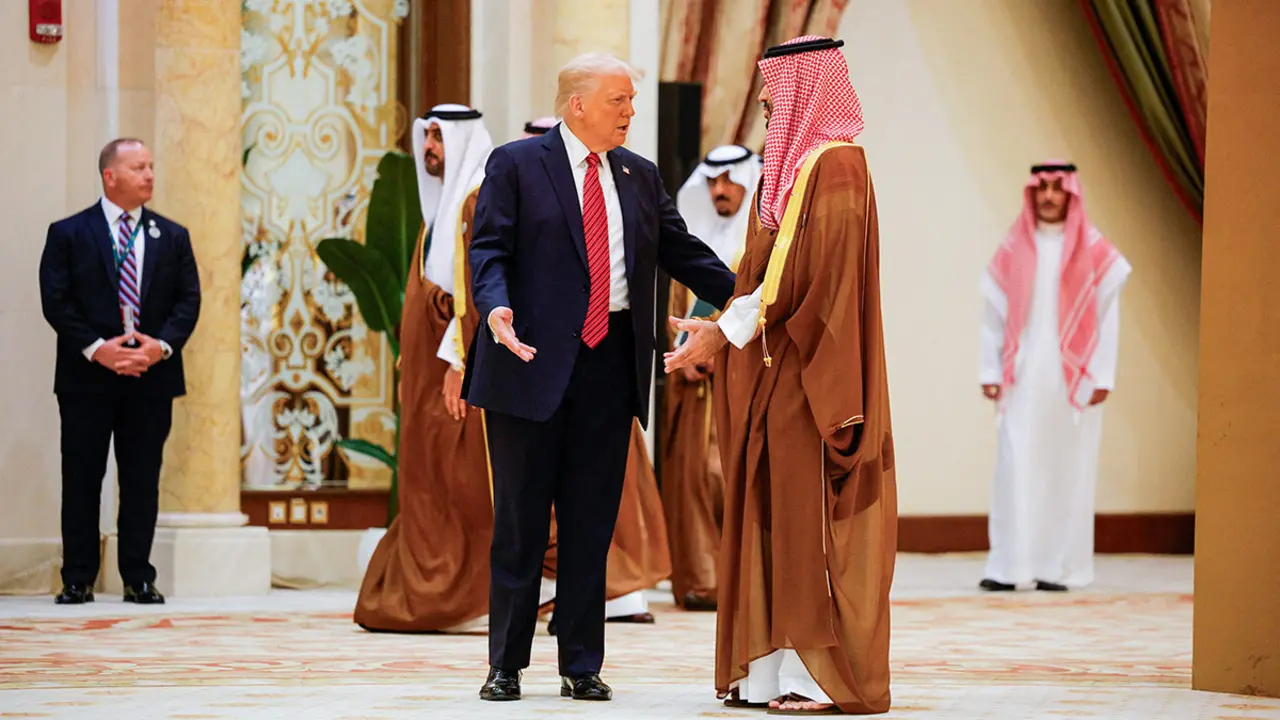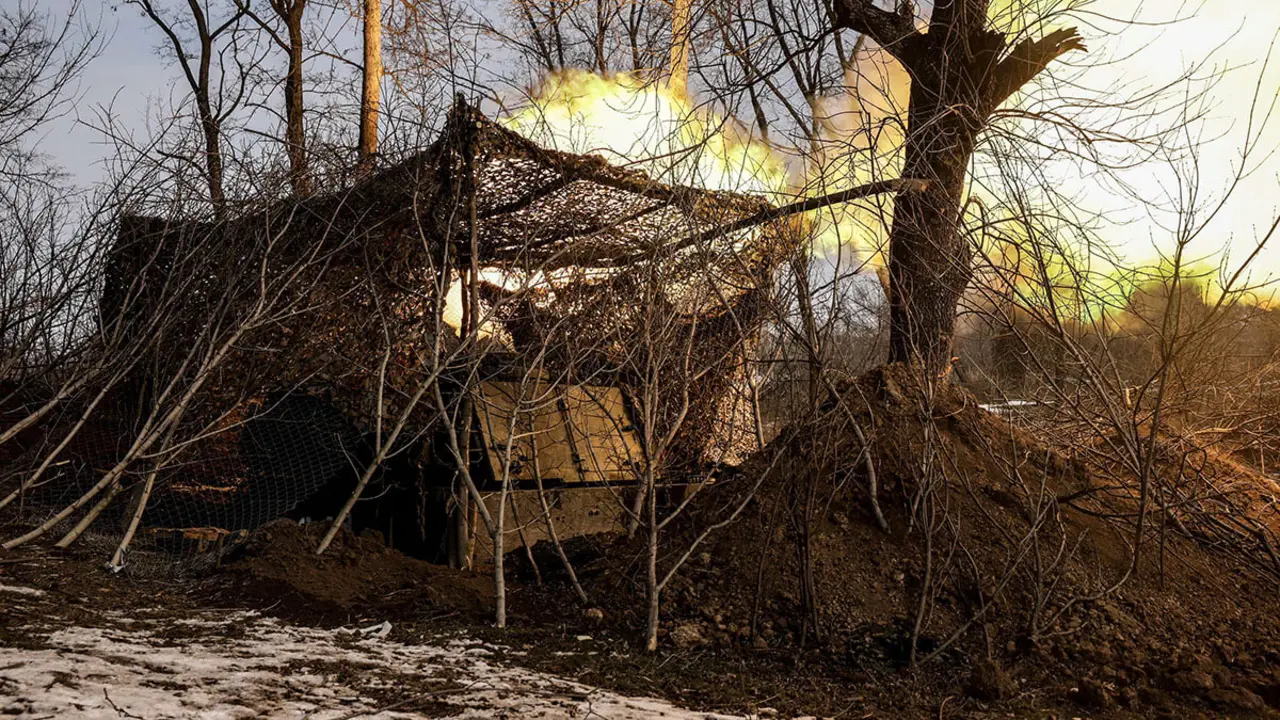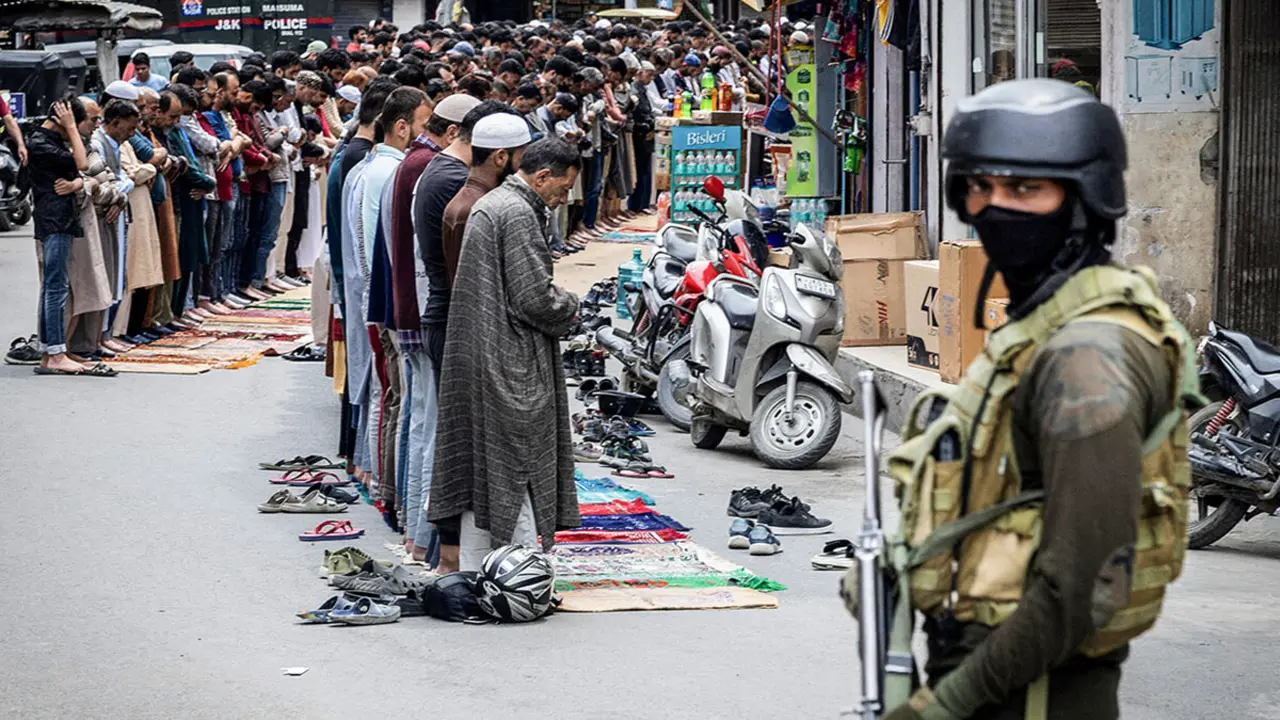Al Jazeera, an echo of Qatari diplomacy

"Telling the story of Al Jazeera is, inevitably, telling the story of the small oil emirate"
Surrounded by historical adversaries Iran and Saudi Arabia, in the middle of the Persian Gulf, the small state of Qatar has devoted all its efforts in recent decades to building an Arab-Muslim leadership that goes beyond the regional scene and reaches across the international chessboard. This strategic and profuse diplomatic pivot began with the rise to power of Emir Hamad bin Khalifa, a member of the Al Thani dynasty, who overthrew his father, Khalifa bin Hamad, in a peaceful coup d'état in 1995. Following the Sheikh's abdication in 2013, his son and heir, Tamim bin Hamad, has decided to continue his predecessor's roadmap.
In this regard, Doha has maintained close cooperation with the US. Its diplomatic and foreign policy strategies with the US giant led Washington to install the largest of its military bases in the region, home to the US Central Command (CENTCOM) in the Middle East and Central Asia. Similarly, the so-called 'ball diplomacy', which has used football to project the image of an advanced and moderate Islamic Qatar, has ultimately led to it becoming the host of the FIFA World Cup, Qatar 2022.

Both Hamad bin Khalifa and his son, Tamim bin Hamad, have worked to distance Doha from Saudi influence and consolidate it as an independent regional power, with projection throughout the Arab world, challenging the status quo in the Middle East through 'soft power'. A diplomatic model based on enhancing a country's ability to persuade others through culture, political values or social model. In short, to influence other states. And this is something that Qatar has been doing since 1996 with the television channel Al Jazeera.
To tell the story of Al Jazeera is, inevitably, to tell the story of the small oil emirate. This news channel is closely linked to the Al Thani dynasty, to the extent that it was Hamad bin Khalifa, father of the current emir, who created Al Jazeera, and today the royal family finances nearly 90% of the channel. In the words of professor and journalist Massimo di Ricco, the establishment of Al Jazeera has been a "direct representation of Qatar's evolution": a country with a population of no more than 3 million people, which faced the threat of being swallowed up by the Saudi giant, has ended up becoming a disruptive force, generating unprecedented changes in the rules of the region.
Similarly, Al Jazeera, which at the dawn of its existence was seen as nothing more than another whim of a wealthy sheikh, and whose humble audience figures - which did not go beyond the national level - hardly suggested the level of influence it would achieve in the future, faced one of the first turning points of its existence. In 1996, a few months after the Qatari channel opened its doors, the only continuous news channel with which it could compete at the time, BBC Arabic, closed its doors.

Almost the entire staff - already trained - of the British channel that had just closed down migrated to the embryonic Al Jazeera, opening up a free market of competition for the Qatari channel. However, the event that really catapulted Al Jazeera to become the Arab world's leading channel was its coverage of the wars in Afghanistan and Iraq at the turn of the century, where it revealed its journalistic prowess by gaining access to Saddam Hussein's Iraq and the Afghan Taliban groups. Meanwhile, his interviews with Al Qaeda jihadist leaders, such as Osama bin Laden, earned him a reputation as a channel for disseminating information about Islamist groups in the Western world after 11 September 2001.
In a matter of a few years and under the slogan "the opinion, and the opinion of the other", Al Jazeera came to embody a true news revolution that was far removed from the official Arab channels, at the service of the Royal Courts of the countries in the region. The channel set itself up as a standard-bearer for the values of credibility, professionalism and independence, and has granted numerous interviews to representatives of groups that the West considers terrorists, such as Hamas, Hezbollah or the Taliban, as well as to representatives of Israel when the Abraham Accords (2020) had not yet been signed.
Under its media umbrella, the Qatari network managed to unite the pan-Arab supranationalist sentiments of a large part of the Arab population in a regional scenario marked by strong internal conflicts. An achievement that has not been without its critics because of the strong Islamist tinge of its editorial line.

But Al Jazeera's supposed impartiality has been questioned on those occasions or conflicts that directly or indirectly affected the small state of Qatar, and the existence of the channel as an extension of the power of the Al Thani family is almost unquestionable. Several experts have criticised Al Jazeera's silence on the reality of the Qatari population itself, in contrast to the rigour and credibility of its coverage of external conflicts. During the first decade of the 21st century, this led the royal dynasty of the oil emirate to invest enormous amounts of money in the expansion of the channel, creating subsidiaries all over the world and launching new channels that do not have an exclusively informative purpose, as in the case of the English-language channel "Al Jazeera International".
The arrival of the Arab Spring in the Middle East and North Africa and its media coverage not only boosted Al Jazeera's audience figures to astronomical levels, but inevitably revealed the Doha government's political and diplomatic instrumentalisation of the channel. In addition to the already conflictive ceding of news slots to the leaders of radical groups, during the 2011 Egyptian revolution there was a profuse dissemination of the Islamist messages of the Muslim Brotherhood organisation.
Thus, the scant coverage of the revolts in territories such as neighbouring Bahrain - with the aim of maintaining stability among the Gulf monarchies - and the partiality shown during the conflicts in Libya, Syria and Yemen, showed the disparity in Al Jazeera's news approaches depending on which country was being ravaged by which insurgent or violent movement. This not only led to a loss of credibility for the channel, but also led the authorities in several countries to progressively block Al Jazeera's broadcasts. Algeria, Morocco, Saudi Arabia, Syria and the United Arab Emirates are some examples of countries where the channel has been shut down.
Accusations of broadcasting propaganda of the 'political Islam' of the Muslim Brotherhood - so strongly reproached by other Salafist powers such as Saudi Arabia for supporting Iran's interests -, added to fervent criticism of other Arab regimes with autocratic tendencies, have provoked strong tensions between Qatar and its Muslim neighbours. In 2017, several Muslim governments announced the severance of diplomatic relations with Doha.

The Saudi-led coalition of Arab states, including Bahrain, Libya, Yemen, Egypt and the United Arab Emirates, has accused Qatar of supporting and harbouring various terrorist groups, such as Daesh and al-Qaeda, and even of attempting to destabilise the region. To make matters worse, the Qatari government's multi-million dollar negotiations with some of these Shiite groups - with the aim of rescuing 26 hostages, including members of the royal family - only served to fuel these suspicions. As a result, on 5 June 2017, the Riyadh authorities and their Arab allies officially announced the start of a boycott against Doha that would isolate the small emirate regionally for years to come.
The diplomatic crisis would henceforth materialise with the closure of air, sea and land borders, the expulsion of diplomats and the imposition of trade sanctions against Qatar.

In the midst of this convulsive scenario, the Al Jazeera channel, already with a massive international projection, had gained important enemies in the region, becoming one of the main fronts in the conflict. Saudi Arabia and the other Gulf powers continued to accuse the Al Thani-led channel of being a mouthpiece for groups such as Hamas and the Muslim Brotherhood. In fact, the importance of Al Jazeera in the dispute for cultural and political hegemony in the territory, and as a tool of the Qatari government, is such that the list of 13 demands presented by Riyadh's allies for the thawing of diplomatic relations with Doha included the closure of the channel.
Four long years of dialogue and negotiation attempts later, in January 2021, Riyadh and Doha finally reached an agreement under the auspices of Kuwait and the United States. This was ratified at the Gulf Cooperation Council (GCC) Summit, where the Al Ula Declaration - the Saudi city that hosted the meeting - was approved, making official the end of sanctions and the normalisation of relations with Qatar. However, the final agreement made no reference to the closure of the news channel.

The latent rivalry of recent decades between Doha and Riyadh can be understood in terms of regional competition, and despite the existence of a joint supranational organisation such as the GCC and converging regional interests, both powers are vying for leadership of the Gulf. A leadership that historically has seemed to be almost exclusively in the hands of the Saudi giant, but which has gradually been displaced to other Arab states.
One of the biggest disagreements between the big kingdom and the small emirate was the Arab Spring, which Doha wanted to use to extend its influence in the region, and for which it used its soft power tool: Al Jazeera. Specifically, the revolts that most sharply highlighted these differences were the revolts in Egypt.

The rise to power of Egypt's Islamist Mohamed Morsi in June 2012 led to a schism within the Gulf Cooperation Council. While Riyadh saw the Muslim Brotherhood and its 'political Islam' as antagonistic rivals - and would end up including it on the list of 'terrorist groups' - Doha saw it as a political ally that would come to power in the main Arab state. In this vein, the good relations of the Islamist organisation's historic leader, Yusuf al-Qaradawi, with the Qatari royal family are but another example of the deep ties that connected the Doha government with the Muslim Brotherhood.
Barely a year later, Morsi's ouster and the rise to the presidency of former military officer Abdelfatah El-Sisi in July 2013 was covered by Al Jazeera as a 'coup d'état', once again stoking the smouldering ashes of dislike for both Saudi Arabia and its allies and backers.

Qatar's reconciliation with its Gulf neighbours resulted, over the course of 2021, in an official shift in the country's diplomacy and political strategies. The Doha authorities asked Muslim Brotherhood leaders to leave the territory, which, coupled with a Turkish agenda that appears to be following suit, may be weakening the Islamist organisation, at least officially.
Meanwhile, while Al Jazeera has remained an echo of Qatari soft power, the controversy surrounding the series "The Choice 3" - one of Egypt's most popular series - could fuel new suspicions about the Doha government's genuine compliance with the roadmap of a reconciled GCC.
In the Arab-Muslim world, the month of Ramadan is the perfect backdrop for the launch of hit TV series and programmes featuring some of the region's most prominent actors and actresses. With enough episodes to last the whole month, Muslim families often sit down, in company, to watch the programmes after breaking the fast. In this context, the Egyptian series "The Choice 3" (Al-Ikhtiyar 3) has sparked much debate among its viewers.

The plot of the third season of "The Choice" tells the story of the Egyptian episode during the ouster of former president Morsi. "The most dangerous 96 hours in the country's history," reads the first episode of the series, which ends with the decision by then Defence Minister Abdelfatah El-Sisi to remove Mohamed Morsi from office.
But the closeness of these episodes in Egyptian history has caused the country's citizens to be divided in their opinions about the veracity of the events depicted in the programme. Voices such as those of several human rights activist and opposition groups have called the series "historical revisionism", claiming that it is just another of El-Sisi's attempts to restore his popularity. In this vein, exiled actor Amr Waked said that "The Choice 3" is a "pantomime" that presents a reality that is profoundly different from the one that Egyptian citizens "lived and watched".
On the other hand, part of the country's audience considers the series an honest and faithful presentation of how El-Sisi was forced to act in order to "save Egypt from the path the Muslim Brotherhood organisation would drag it down".

And it is in the midst of this controversy that Al Jazeera enters the fray. During an interview with Egyptian host Amr Adib, critic Tariq Al-Shennawi claimed to have received a report from the Qatari outlet that it "attacks the series politically, not artistically", and that it does so in defence of the Muslim Brotherhood organisation and narrative. Egyptian sources have backed this up in their statements to the daily Al Arab, reporting that Cairo's monitoring committees for the control of Al Jazeera have concluded that the Qatari channel continues with its editorial line prior to the end of the diplomatic crisis, including Muslim Brotherhood leaders in its news schedules.
Following these incidents, the Egyptian government has announced a freeze on the reopening of Al Jazeera in Cairo, as the channel's broadcasts are still far from the common roadmap adopted by GCC members.
But the very idea that Al Jazeera operates in isolation from the Qatari government's political and diplomatic leadership is almost implausible. So it seems hard not to wonder: has Doha maintained its support for Islamist movements and the Muslim Brotherhood despite its reconciliation with the Gulf states? Or, on the contrary, is Al Jazeera moving so far away from the Qatari government that it now allows itself to disagree with the Al Thani's diplomatic and political strategies?

